Over the course of the last two thousand years, fewer than three hundred Catholic priests have been chosen to head the universal Church on Earth. What must it be like to be in the shoes of one of the men to be elected to the most important office on the planet?
Fortunately, we get quite an insight into this question through the writings of various popes. The papal writings were surprisingly candid, and the answers were surprisingly varied, saying as much about each man and the state of the Church as about the office of the papacy. In almost every case, the result was fascinating. Here’s how six popes reacted to their election, from 1769 to 1978:
Pope Pius IX was pope longer than anyone else in modern history, from 1846-1878. His election coincided with great instability throughout Europe and the rest of the world: the year 1848 would see revolutions impact some fifty countries. Pius was not shy that his election was a solemn, even terrifying, burden in such troubled times. From Qui Pluribus, his 1847 encyclical:
Pope Pius IX Our illustrious Predecessor, Gregory XVI, whose famous actions are recorded in the annals of the Church in letters of gold, will surely be remembered and admired by future generations. Now though, upon his death, by the mysterious plan of divine providence, We have been raised to the supreme Pontificate. We did not purpose this nor expect it; indeed Our reaction is great disquietude and anxiety. For if the burden of the Apostolic ministry is rightly considered to be at all times exceedingly heavy and beset with dangers, it is to be dreaded most particularly in these times which are so critical for the Christian commonwealth.
2. We are well aware of Our weakness. So when We reflect on the most serious duties of the supreme apostolate especially in a period of great instability, We would simply have fallen into great sadness, did We not place all Our hope in God who is Our Saviour. For He never abandons those who hope in Him. Time and again, so as to demonstrate what His power can accomplish, He employs weak instruments to rule His Church; in this way, all men may increasingly realize that it is God Himself who governs and protects the Church with his wonderful providence. We are also greatly supported by the comforting consideration that We have you, venerable brothers, as Our helpers and companions in the work of saving souls. For since you have been called to share a portion of Our care, you strive to fulfill your ministry with attentiveness and zeal, and to fight the good fight.
| Pope Pius VIII’s Coat of Arms |
When Pope Pius VIII was elected, he was thankful to God, and had in mind a number of areas that needed to be addressed. He outlined these in his first encyclical, 1829’s Traditi Humilitati, in which he said:
According to the custom of Our ancestors, We are about to assume Our pontificate in the church of the Lateran. This office has been granted to Us, even though We are humble and unworthy. We open Our heart with joy to you, venerable brothers, whom God has given to Us as helpers in the conduct of so great an administration. We are pleased to let you know the intimate sentiments of Our will. We also think it helpful to communicate those things from which the Christian cause may benefit. For the duty of Our office is not only to feed, rule, and direct the lambs, namely the Christian people, but also the sheep, that is the clergy.
This was more or less the tone that I would have expected the other popes to take. He seems honored to have been selected, and ready to start tackling the problems facing the Church. Ironically, Pius would die less than eighteen months later.
Pope St. Pius X (1903-1914), in contrast, was not shy about how deeply he did not want to become pope, and his abject terror at what lay before him. He felt unworthy to be pope, unworthy to succeed Leo XIII (1878-1903, then the second-longest pontificate in history), and incapable of stopping the world from destroying itself in war and apostasy. From his beautiful 1903 encyclical, E Supremi:
Pope St. Pius X In addressing you for the first time from the Chair of the supreme apostolate to which We have, by the inscrutable disposition of God, been elevated, it is not necessary to remind you with what tears and warm instance We exerted Ourselves to ward off this formidable burden of the Pontificate. Unequal in merit though We be with St. Anselm, it seems to us that We may with truth make Our own the words in which he lamented when he was constrained against his will and in spite of his struggles to receive the honor of the episcopate. For to show with what dispositions of mind and will We subjected Ourselves to the most serious charge of feeding the flock of Christ, We can well adduce those same proofs of grief which he invokes in his own behalf. “My tears are witnesses,” he wrote, “and the sounds and moanings issuing from the anguish of my heart, such as I never remember before to have come from me for any sorrow, before that day on which there seemed to fall upon me that great misfortune of the archbishop of Canterbury. And those who fixed their gaze on my face that day could not fail to see it . . . I, in color more like a dead than a living man, was pale for amazement and alarm. Hitherto I have resisted as far as I could, speaking the truth, my election or rather the violence done me. But now I am constrained to confess, whether I will or no, that the judgments of God oppose greater and greater resistance to my efforts, so that I see no way of escaping them. Wherefore vanquished as I am by the violence not so much of men as of God, against which there is no providing, I realize that nothing is left for me, after having prayed as much as I could and striven that this chalice should if possible pass from me without my drinking it, but to set aside my feeling and my will and resign myself entirely to the design and the will of God.”
Pope St. Pius X’s Coat of Arms 2. In truth reasons both numerous and most weighty were not lacking to justify this resistance of Ours. For, beside the fact that We deemed Ourselves altogether unworthy through Our littleness of the honor of the Pontificate; who would not have been disturbed at seeing himself designated to succeed him who, ruling the Church with supreme wisdom for nearly twenty-six years, showed himself adorned with such sublimity of mind, such luster of every virtue. as to attract to himself the admiration even of adversaries, and to leave his memory stamped in glorious achievements. Then again, to omit other motives, We were terrified beyond all else by the disastrous state of human society today. For who can fail to see that society is at the present time, more than in any past age, suffering from a terrible and deep-rooted malady which, developing every day and eating into its inmost being, is dragging it to destruction?
And remember, Pius, is the last pope to be canonized. He is, in the Church’s judgment, a model pope. Yet he’s nearly crushed under the weight of both the office, and his own unworthiness. That’s a powerful testament.
Pope Pius X’s successor was Benedict XV (1914-1922), who immediately was filled with an eager zeal for souls, a sensation quickly soured by the sorrow at the devastation of the First World War, which had begun only a few months earlier. From Ad Beatissimi Apostolorum (1914):
Pope Benedict XV 1. Raised by the inscrutable counsel of Divine Providence without any merit of our own to the Chair of the Prince of the Apostles, we hearkened to those words of Christ Our Lord addressed to Peter, “Feed my lambs, feed my sheep” (John xxii. 15-17) as spoken to Ourselves, and at once with affectionate love we cast our eyes over the flock committed to our care-a numberless flock indeed, comprising in different ways the whole human race. For the whole of mankind was freed from the slavery of sin by the shedding of the blood of Jesus Christ as their ransom, and there is no one who is excluded from the benefit of this Redemption: hence the Divine Pastor has one part of the human race already happily sheltered within the fold, the others He declares He will lovingly urge to enter therein: “and other sheep I have, that are not of this fold; them also must I bring, and they shall hear my voice” (John x. 16).
2. We make no secret, Venerable Brethren, that the first sentiment we felt in our heart, prompted certainly by the goodness of God, was the inexpressible yearning of a loving desire for the salvation of all mankind, and in assuming the Pontificate our sincere wish was that of Our Lord Jesus Christ Himself, when about to die on the Cross: “Holy Father, keep them in Thy name, whom Thou hast given me” (John xvii. 11).
German soldiers (1915) 3. But as soon as we were able from the height of Apostolic dignity to survey at a glance the course of human affairs, our eyes were met by the sad conditions of human society, and we could not but be filled with bitter sorrow. For what could prevent the soul of the common Father of all being most deeply distressed by the spectacle presented by Europe, nay, by the whole world, perhaps the saddest and most mournful spectacle of which there is any record. Certainly those days would seem to have come upon us of which Christ Our Lord foretold: “You shall hear of wars and rumours of wars-for nation shall rise against nation, and kingdom against kingdom” (Matt. xxiv, 6, 7). On every side the dread phantom of war holds sway: there is scarce room for another thought in the minds of men. The combatants are the greatest and wealthiest nations of the earth; what wonder, then, if, well provided with the most awful weapons modern military science has devised, they strive to destroy one another with refinements of horror. There is no limit to the measure of ruin and of slaughter; day by day the earth is drenched with newly-shed blood, and is covered with the bodies of the wounded and of the slain. Who would imagine as we see them thus filled with hatred of one another, that they are all of one common stock, all of the same nature, all members of the same human society? Who would recognize brothers, whose Father is in Heaven?
Our current pope took the name Benedict in large part because of Benedict XV, who he described as a “prophet of peace.”
Pope John Paul II needs no introduction, but I nevertheless found his reaction interesting. From Redemptor Hominis (1978), his first encyclical:
It was to Christ the Redeemer that my feelings and my thoughts were directed on 16 October of last year, when, after the canonical election, I was asked: “Do you accept?” I then replied: “With obedience in faith to Christ, my Lord, and with trust in the Mother of Christ and of the Church, in spite of the great difficulties, I accept”. Today I wish to make that reply known publicly to all without exception, thus showing that there is a link between the first fundamental truth of the Incarnation, already mentioned, and the ministry that, with my acceptance of my election as Bishop of Rome and Successor of the Apostle Peter, has become my specific duty in his See.
This is also the encyclical in which he explains why he chose the name John Paul II, in case you’re curious.
Finally, Pope Clement XIV (1769-1774), one of only four Franciscan popes. His first encyclical, Cum Summi, from December 12, 1769, captures well both the gravity of the papacy, and the importance of faith in Christ:
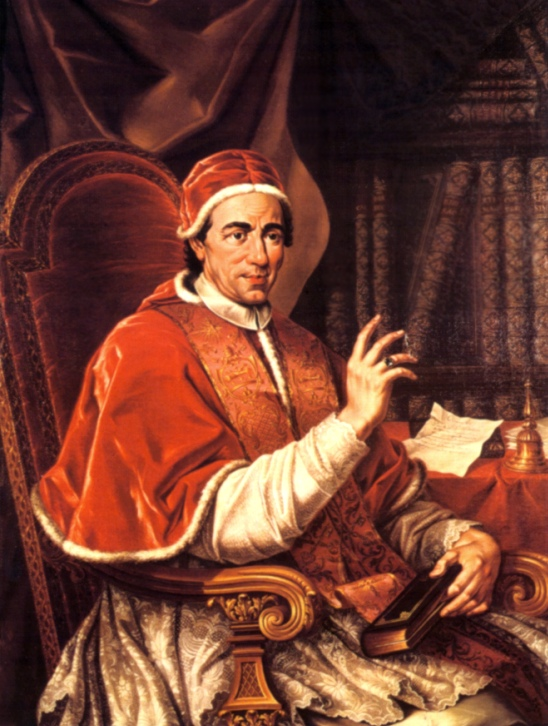 |
| Pope Clement XIV |
When We contemplate Our position and consider the gravity of its burden, We are deeply disturbed both because of the magnitude of the task itself and the weakness of Our resources. We seem to have been called into the depths of the sea from the peace of a quiet life as if from a most safe harbor to rule the bark of blessed Peter, to be shaken by great floods and to be all but submerged by the force of the tempest. Truly this is the Lord’s doing, and it is marvelous in our eyes. It was not because of human counsel but rather by His inscrutable judgment that such a care had been unexpectedly laid upon Us. Therefore, we are buoyed up by a certain hope that He who has chosen Us will, Himself remove Our fear, and infirmity and will hear Us in the depths of the storm. The memory of Peter trembling in the sea and of the Lord reproving his little faith will confirm Us in the same trust. Surely He wishes Us to put aside all doubt about obtaining His help and to act with the hope of His grace, rather than from fear of Our weakness. Therefore, We obey His will, and We hand Ourselves over to His faithfulness and power. For if He has decided to aid Our labors in the present circumstances for the safety of His Church, everyone will surely perceive Him alone as its author and source; hence they will realize that the honor and glory must be given to Him alone. Therefore, We proceed eagerly to undertake this great burden, and We will strive to trust in His powerful help. We will consider no care too great in carrying out our task.
| Pope Clement XIV’s Coat of Arms |
Since We have been elevated to the Papacy by the inscrutable counsel of divine wisdom and goodness and by no merits of Our own, while acknowledging the gift of God, We also fear His judgment. And so, as often as We seriously contemplate the task entrusted to Us, We are frightened by its gravity. Our awareness of the weakness of Our own resources deeply disturbs Us. If We were not confident of His help, We could lose courage altogether. Therefore, We implore the help of all Christians in invoking God to strengthen Us, to fill Us with the knowledge of His will, and to pour into Us the spirit of wisdom and understanding, the spirit of knowledge and holiness, and the spirit of counsel and fortitude. Then in the midst of so many difficulties, We may come to know what must be done, and with Our eyes ever directed to Him, We may carry out profitably what is right. Let us beseech Him to watch over the chosen vineyard which He has planted and to foster with the gifts of His grace His people walking in the ways of His commandments in this earthly pilgrimage and happily bring them to the promised rewards of eternal life.
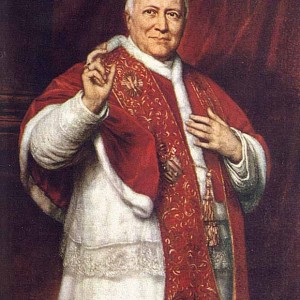
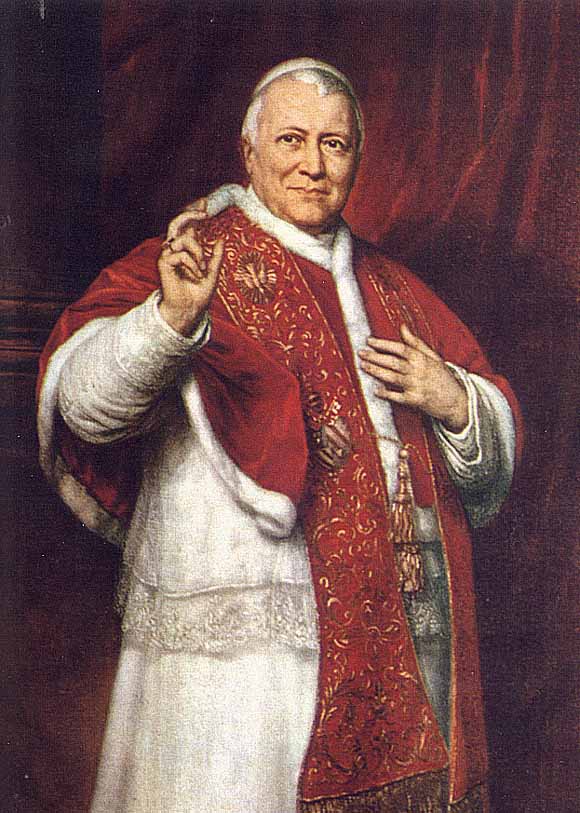
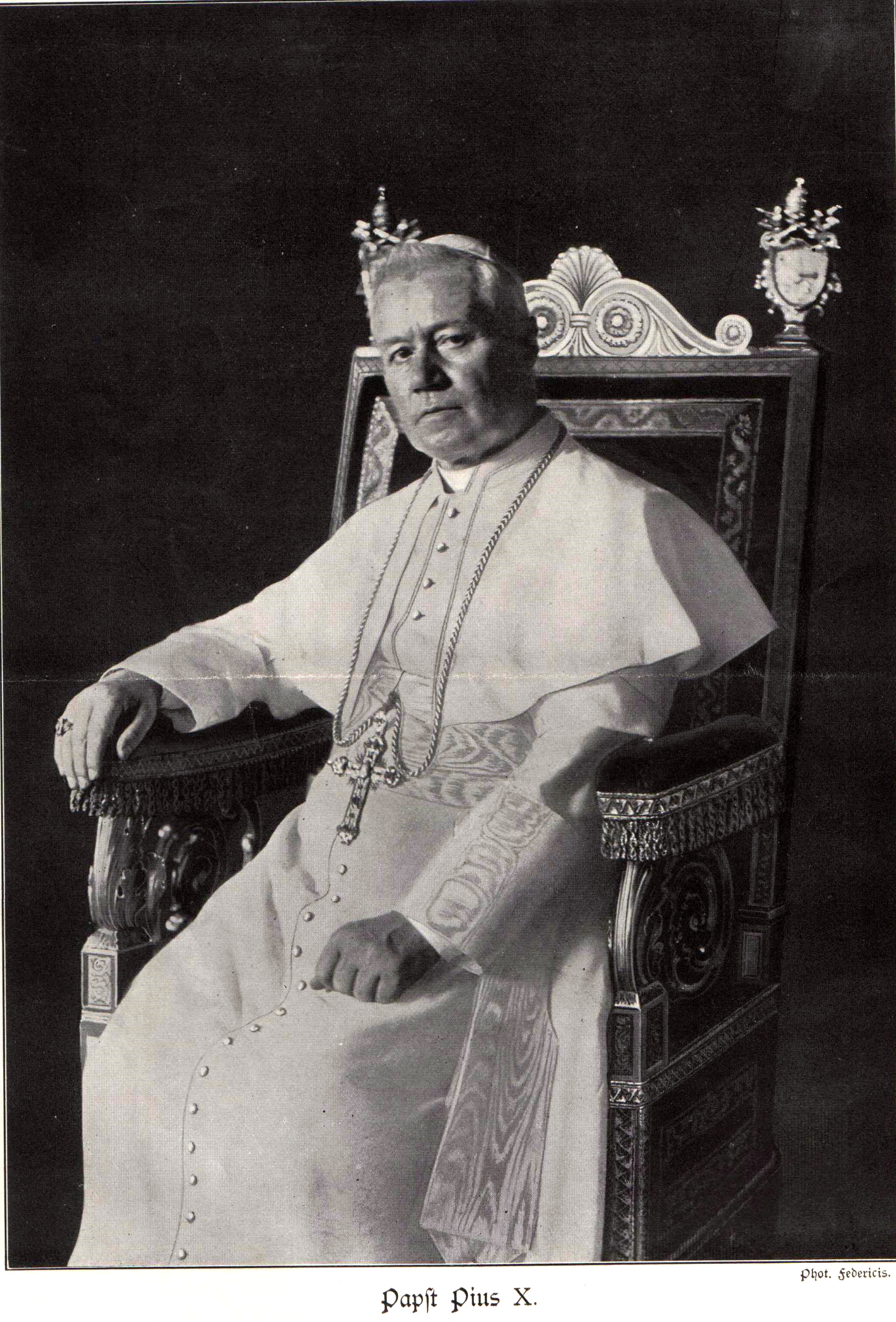
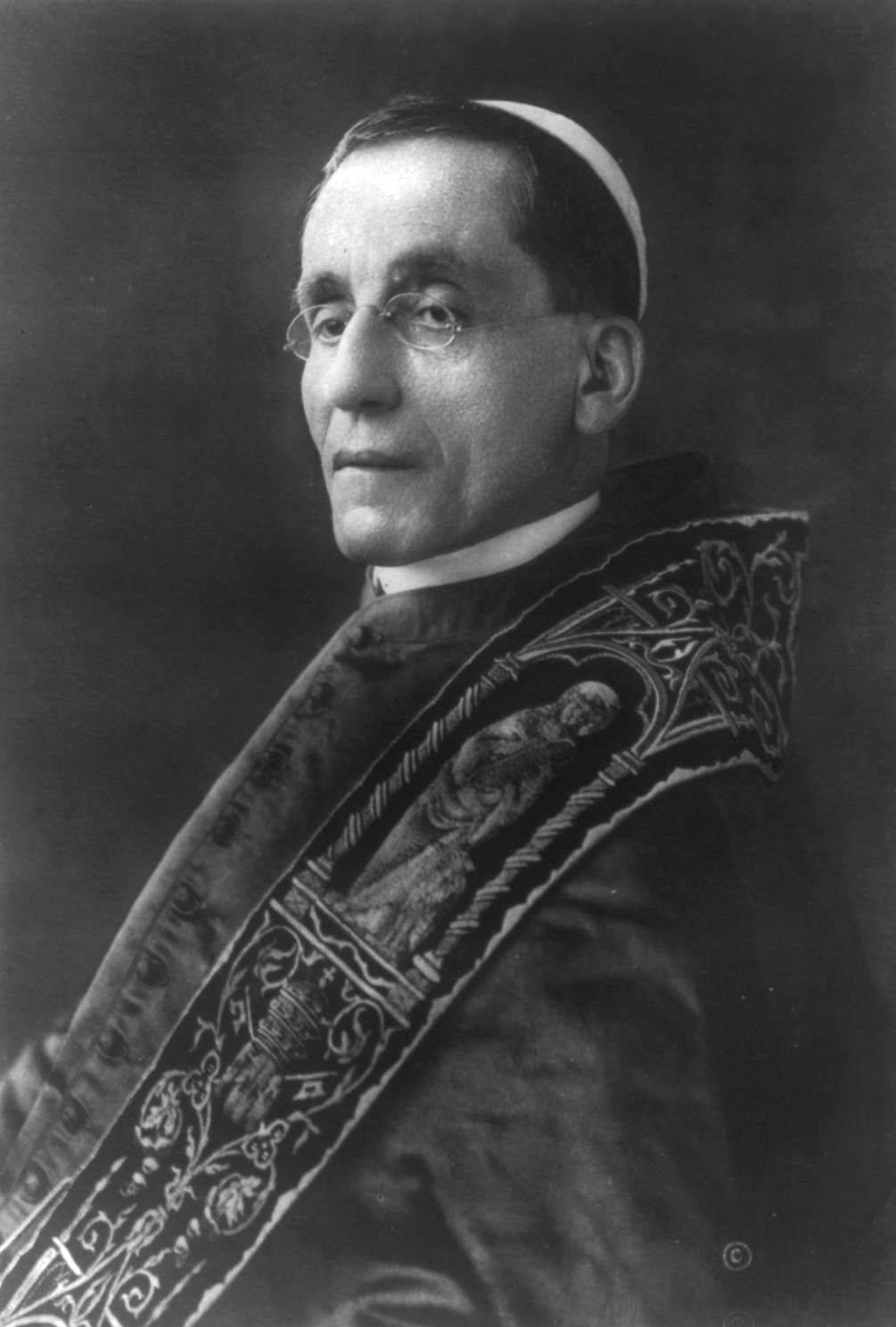
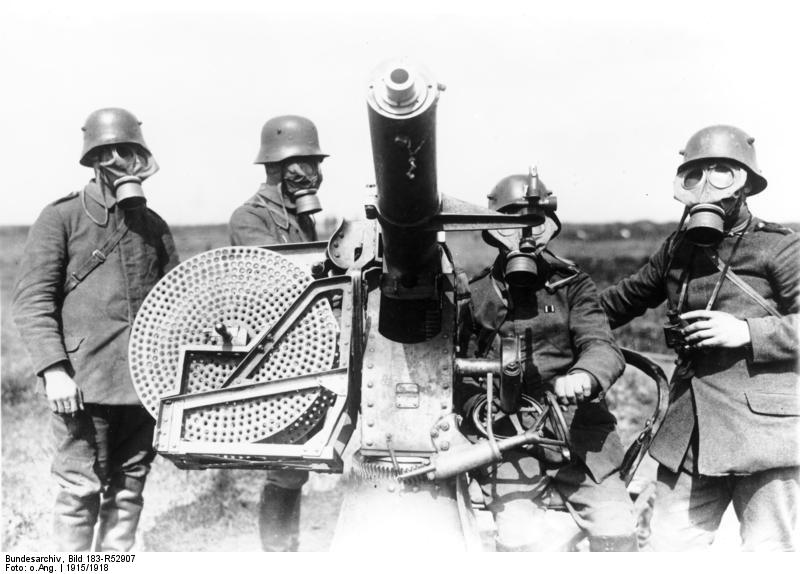
Hmm, what a thoughtful piece! Very interesting.
I also find it interesting the shift from the royal We to the use of “I” by Pope JP II. I wonder if it’s a post-Vatican II thing or what (not sure what Pope Paul VI, Pope John Paul I, or Pope Benedict XVI used).
I actually did a post last year about the papal We, so I know that Paul VI used it. I’ve heard that John Paul I was the first to drop the We, but I can’t find any good source support for this, or anything he wrote in his short time as pope. If I’m not mistaken, Benedict XVI uses it in places, depending on the context.
Just the reading of these encyclicals in connection with your article, strengthens the gift of faith within us.
As always, your writings are excellent, Joe.
I can’t get over the monstrous humility of men who get up in the morning and dress like that, just so that they can be instantly recognizable, all over the world, and thus have a chance to be all things to all people.
What I mean is (it’s a simple thought, maybe) the Holy Father can’t afford to look like a member of any particular ethnic group or culture. He must look like no-one but the Holy Father.
I just happen to view the New Advent site and saw your article. Wow!! Great insight and sharing!! You can almost actually feel the burden and weight on the shoulders of all these popes as they accepted. Their lives were changed forever. And as Jesus told St. Peter, “Amen, amen, I say to you, when you were younger, you used to dress yourself and go where you wanted; but when you grow old, you will stretch out your hands, and someone else will dress you and lead you where you do not want to go.” – Jn 21:18
We must and should always pray for the pope and all our bishops, priests and deacons.
Thanks for this great and awesome article!
@Joe: I know you mentioned that the popes took the name of so-and-so because of this or that. But what do you think of the prophecy of Malachy and how B16 is the final pope or (as a possible later addition) Peter the Roman with no papal name is the final pope in whose reign the city that sits on seven hills will be destroyed? Believe it or not, I’m not here to argue; just curious. – take care
Regarding the papal ‘We’, I see on the Vatican website that the official Latin text of papal encyclicals still uses it.
Thus to take a random example, ‘Ecclesia De Eucharistia’ 8: (John Paul II, 2003)
‘Cum Eucharistiam cogitamus, vitam Nostram respicientes uti sacerdotis et episcopi et Petri Successoris, ultro etiam recordamur de tot occasionibus totque locis ubi eam Nobis celebrare licuit.’
Yet the English version gives the following: ‘When I think of the Eucharist, and look at my life as a priest, as a Bishop and as the Successor of Peter, I naturally recall the many times and places in which I was able to celebrate it.’
A glance at ‘Deus Caritas Est’ (2005) shows the same pattern continuing for Benedict XVI: Latin ‘We’, English ‘I’.
Absolutely fascinating – thanks for the time and effort you have taken in sharing this.
Clerical ambition can be an ugly and corrupting stain on the church – but also true humility is very rare. It is difficult to judge any of these reactions with a mean spirit – I imagine it is an absolutely terrifying moment. But Peter was all too frail as we know – that’s what I love about the wisdom of God. He is not looking for a superman!
What a beautiful Post. Reading the humility with which these “God’s Earthen Vessels” approach the Divine Duty of Feeding Christ’s Lambs and Sheep, leaves no doubt of Who is In-Charge in this our One, Holy, Catholic and Apostolic Church.